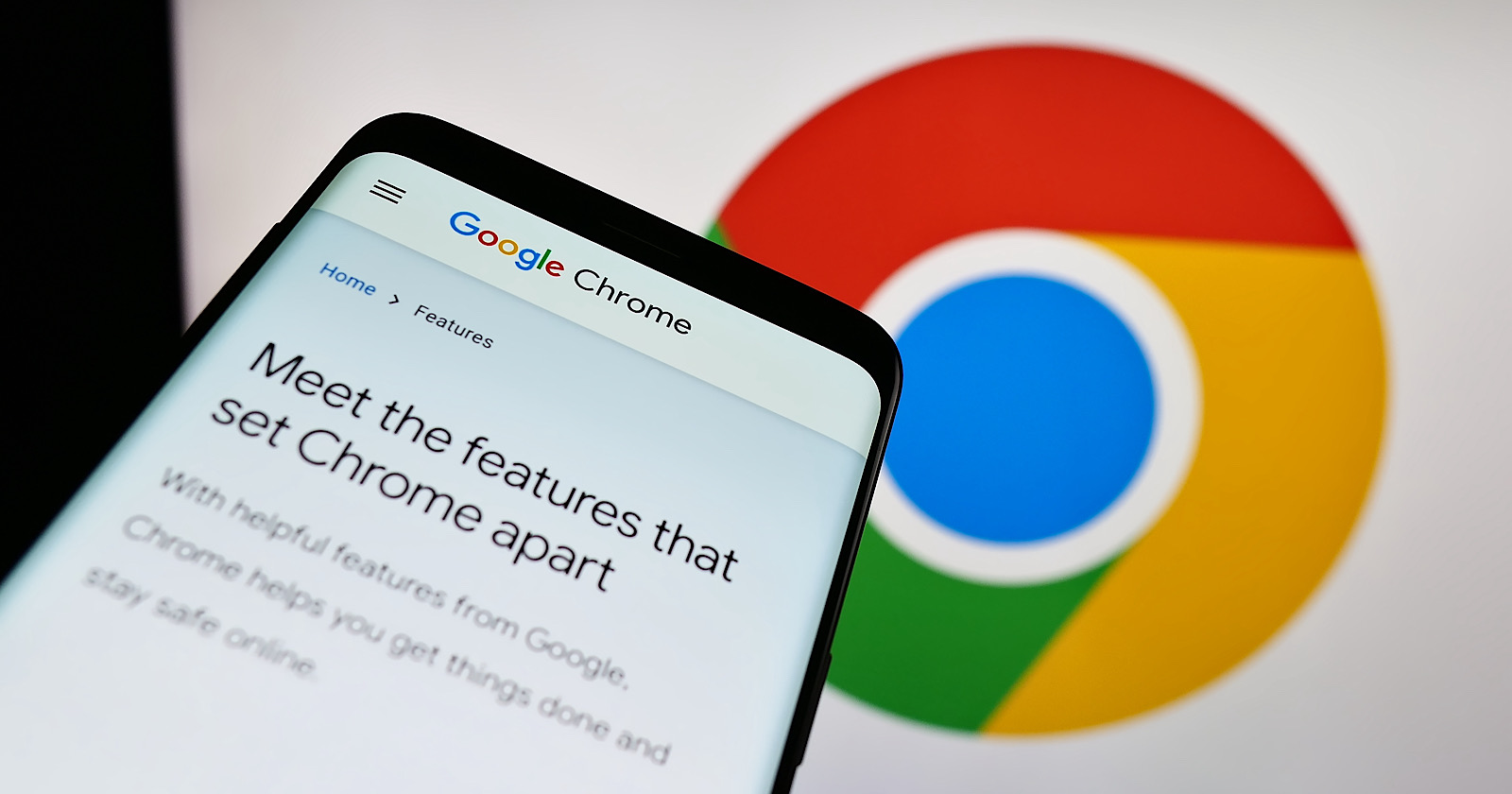
Google To Disable Third-Party Cookies For 1% Of Chrome Users
- NewsTechnology
- October 14, 2023
- No Comment
- 64
[ad_1]
Google has announced it is going to start phasing out help for third-party cookies in Chrome by disabling them for 1% of customers beginning in Q1 2024.
This preliminary deprecation comes forward of a broader phase-out for all Chrome customers by Q3 2024.
Third-Social gathering Cookies Blocked For 1% Of Chrome Customers Subsequent Yr
Starting in early 2024, Google will flip off third-party cookie help in Chrome for 1% of customers worldwide.
That is the primary a part of a gradual course of to take away third-party cookies fully.
The prolonged phase-out goals to permit preliminary small-scale testing earlier than the impression is felt by all Chrome customers later in 2024.
Web sites can use this early stage to evaluate how their companies deal with the lack of third-party cookies.
Why Google Is Phasing Out Third-Social gathering Cookies
Third-party cookies have enabled handy cross-site monitoring of customers as they browse the online.
Google desires to remove this monitoring functionality whereas introducing new requirements that help key wants like fraud prevention and delivering related adverts.
Google says this alteration will enhance consumer privateness and safety whereas offering web site homeowners instruments to maintain their companies with out third-party cookies.
What Occurs When Third-party Cookies Are Totally Blocked?
Beginning in Q3 2024, Google plans to develop the third-party cookie removing to 100% of Chrome customers, pending regulatory approval.
It will drive main adjustments in how digital promoting operates. Some worry it could push websites towards extra opaque monitoring strategies.
To ease the transition, Google is releasing new Privateness Sandbox APIs to be used instances, together with id, promoting, and fraud detection. Nonetheless, uncertainty stays round how the advert ecosystem will adapt.
The preliminary 1% deprecation subsequent yr gives a important interval for web sites, advertisers, and different business gamers to evaluate compatibility and put together for the broader rollout. Scrutiny can be excessive, given Google’s dominance in net searching.
What Does This Imply For Advertisers?
The information will possible be controversial for the digital advert business, which depends on third-party cookie monitoring. Some advert tech corporations stand to lose their present knowledge assortment talents.
Advertisers and publishers should undertake new strategies for serving related adverts to customers. This shift may gain advantage walled gardens like Google, Fb, and Amazon with logged-in consumer knowledge troves.
Privateness advocacy teams have welcomed the transfer, although some warning Google’s Privateness Sandbox doesn’t go far sufficient to limit covert monitoring.
How Does This Influence Publishers?
The consequences stay to be seen, however the third-party cookie’s demise will markedly alter the panorama of privateness and promoting on the internet.
Publishers may even see decreased income from programmatic web site promoting by eradicating third-party cookies. Nonetheless, they’ll look to implement consumer ID options like ID5 or Audigent’s Hadron ID as privacy-focused replacements.
What Occurs Subsequent?
Google goals to have its new Privateness Sandbox APIs examined earlier than the broader phase-out.
Uncertainty stays about how digital promoting will perform with out third-party cookies.
Business teams are working to develop new requirements for focused adverts defending anonymity. Chrome’s massive market share means websites should alter.
In Abstract
Google’s plan to section out third-party cookies marks a significant shift in digital promoting and web site monitoring.
Whereas geared toward enhancing consumer privateness, the change brings uncertainty round how the advert ecosystem will adapt.
Web site homeowners ought to audit their cookie utilization now and start preparations to make sure their companies perform easily when third-party cookie help begins being eliminated in 2024.
Featured Picture: T. Schneider/Shutterstock
[ad_2]
Source link












